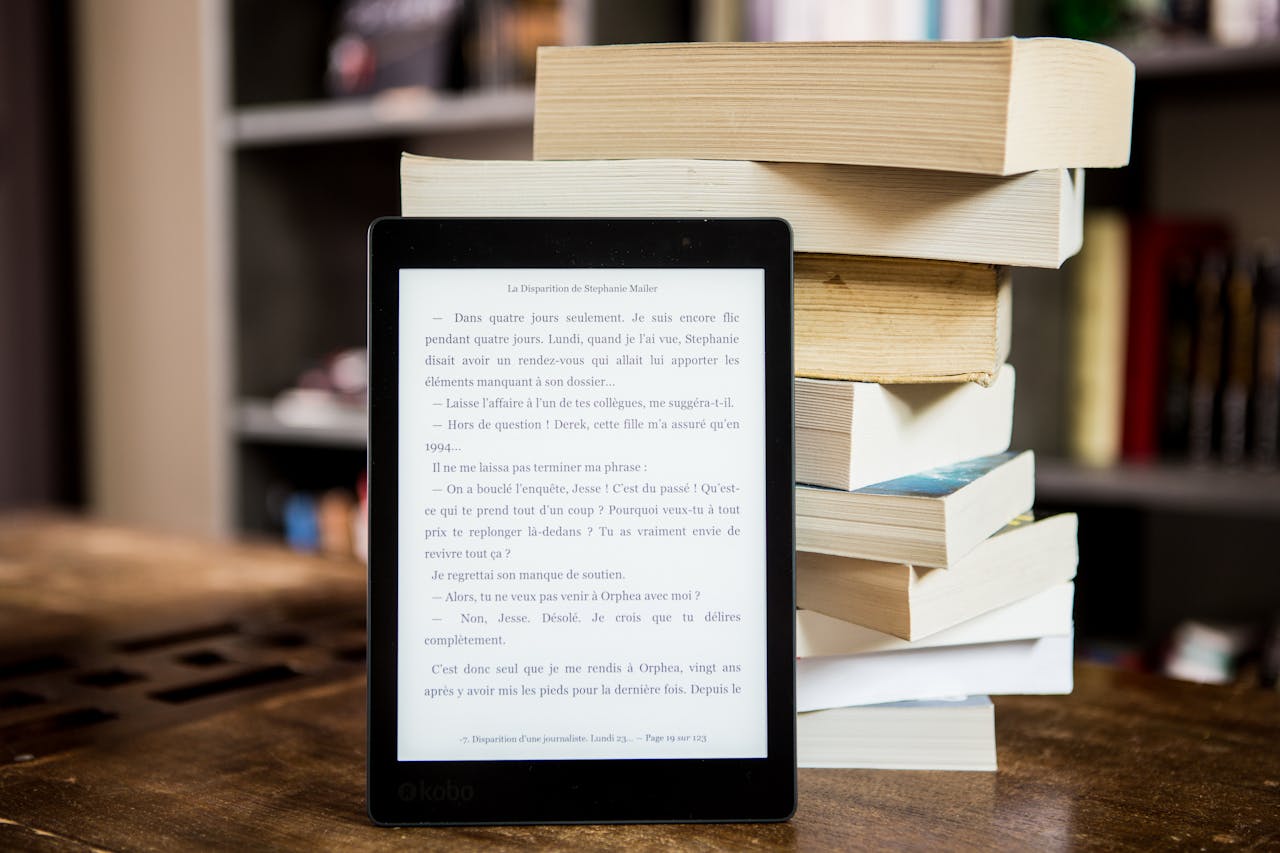Jeannine Chiang. Ethnic Media Services.
School libraries are a dying breed as more and more young people abandon books for their digital devices.

Listen to this note:
Take a look at the Burlingame High School library, located on the northern edge of Silicon Valley, and you'll find students doing homework on their computers, talking with friends, playing chess, or consulting with their college and career advisors.
Nobody is reading a book.
According to school records, students checked out about 50 books in the fall semester. In response, the administration decided to take a different approach to the building, renaming it a student union, a community space for students to interact and complete their schoolwork.
As part of this transition, the school moved the College and Career Center into the library last year. This year, the school will retire books that have not been checked out for more than a decade.
While school officials say the change is meant to meet students' current needs and interests, it also feels like a capitulation to the fact that students of my generation simply don't read as much anymore, or at least they don't read books. .
A recent survey found that nearly 50% of American adults did not read any books in 2023. Another poll conducted by Gallup in 2022 found a similar decline in reading among young adults, although not as severe as in older age groups.
“I don't really read any books outside of what's assigned in my English class,” says student Dora Yang, adding, “I feel like a lot of high school students don't have that extra free time to read and enjoy.”
And Yang is not alone. Burlingame High School librarian Rebecca Velasco says she has only seen ?about ten students? release a book from January 2024.
?The figures are quite low. We went through our books and got rid of the ones that the kids just don't borrow or were too outdated. “I could probably count on both hands the children who came to check out books just to read in their free time,” Velasco said.
All of this is happening while, across the country, states fight over which books students should and should not read. According to PEN America, 1,477 individual books were banned in the 2022-2023 school year, affecting 874 unique titles. Bans were most common in Texas, Florida, Missouri, Utah and South Carolina.
And yet, I'm not sure anyone would notice if a book was banned at my school. Most students seem to spend their time browsing social media rather than diving into a novel. Renovating the library, essentially stripping it of its books, would simply reinforce this trend.
“I think now that Google is so prominent, kids are no longer coming to the library to do research because research is essentially at their fingertips,” Velasco explained. But, he continued, ?I still think it's crucial and very important to bring kids here, even if it's just reading novels and books on their own. The benefit of a physical book is enormous and should we keep it that way?
Velasco is part of a dwindling number of trained school librarians nationally and in California where, according to data, there is only one trained teacher librarian for every 9,667 students, well below the recommended ratio of 1 per 785 students.
And, according to the California Department of Education's own findings, schools with a strong library program tend to outperform schools without those resources. Beyond providing access to books, libraries are places where students can learn to find information from a variety of sources, can learn to evaluate the credibility of those sources, and can hone their critical thinking skills as they grapple with conflicting ideas and information. .
These are all crucial skills for young people as society becomes increasingly inundated by an avalanche of digital media, much of it unreliable and shaped by algorithms designed to deliver content tailored to an individual's personal interests. The ability to discover something new and unexpected that often appears through books is rapidly fading.
For me personally, books have been more than just sources of information; They have been companions, mentors, and windows to worlds beyond mine. There is something inherently intimate and immersive about holding a physical book, turning its pages, and being transported into its narrative world. It's an experience that digital content, no matter how convenient, simply can't replicate.
An alternative to library conversions or closures can be seen at nearby Palo Alto High School, where officials have created more avenues that promote the use of the library's resources, including its books. These include tutoring programs or programs to promote reading. Adding resources such as student ambassadors and opportunities for librarians to teach students about research methods and credible sources allows students to learn important real-world skills while helping them reconnect with books.
Introduce a wider variety of literary options ?rather than imposing bans and limiting students' options? and expanding the number of languages available could also help bring students back to the library and rekindle their love of reading.
Eliminating our library will deprive students here of all the potential for positive growth and change that even a single book contains. Let's at least try to give them that chance before throwing in the towel. Let's not give up reading just yet.
Jeannine Chiang is an aspiring journalist and junior at Burlingame High School in Burlingame, California, where she is a reporter for the school newspaper The Burlingame B.
You may be interested in: The battle to ban books in schools sharply escalates


